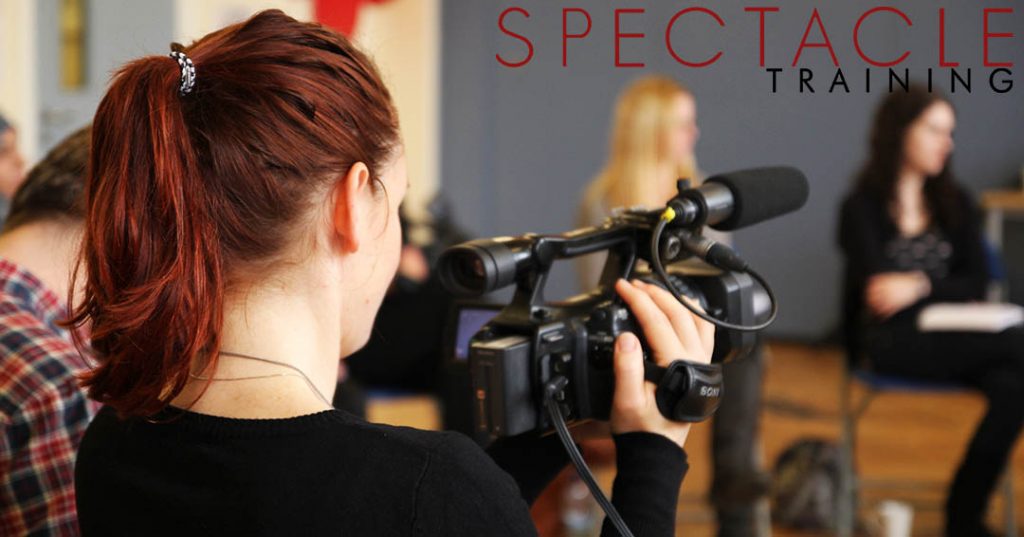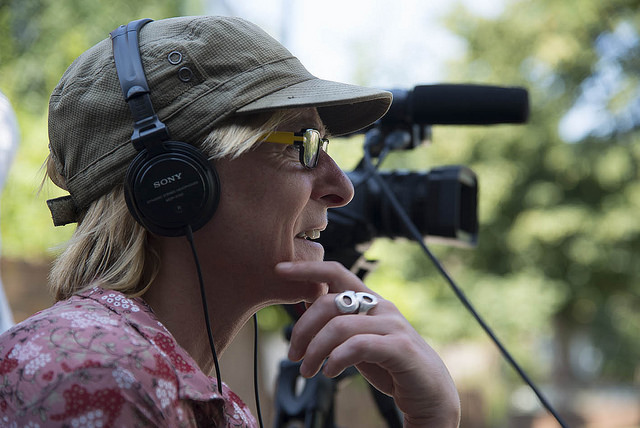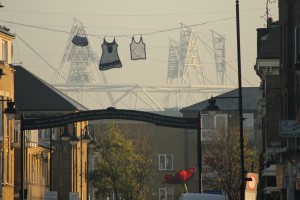Are you an academic researcher, PhD student, PostDoc fellow seeking to boost the impact of your research? Do you wish to improve the originality of your research proposals in humanities, science, arts, social sciences? Why not include a video outcome in your funding application?
 Video workshop at Sheffield University
Video workshop at Sheffield University
Other academics are already using media production to enhance the impact of their research in many ways. Video can be used either to monitor the research process and report research results, or it can be integrated in the research methods as a strategy to collect original data that can be easily analysed and disseminated. Spectacle has long experience in training academic staff in how to achieve quality video outcomes for their investigations.
We have already organised bespoke courses for anthropologists and social researchers of Edinburgh University, Cambridge University, Open University, Social Research Association, Amsterdam University, academic staff at Birkbeck, Comms departments at Oxford University, Cambridge University Press, King’s College as well as the Macular Society. All gave us excellent feedback.
Together with practical skills and confidence, they went away inspired and excited by the potential of incorporating video in their academic work in order to improve the impact of their scientific communications.
We offer a range of options to train you in video making, from weekend courses to three-day participatory video workshop, to bespoke training programmes addressed to staff or research groups.
Please visit our Training page or write to us for quotes and info at training@spectacle.co.uk
If you are interested in our work visit Spectacle homepage
Like Spectacle Documentaries on Facebook
Follow SpectacleMedia on Twitter
For information on Spectacle training courses
To get the latest news from Spectacle, sign up to our Newsletter


